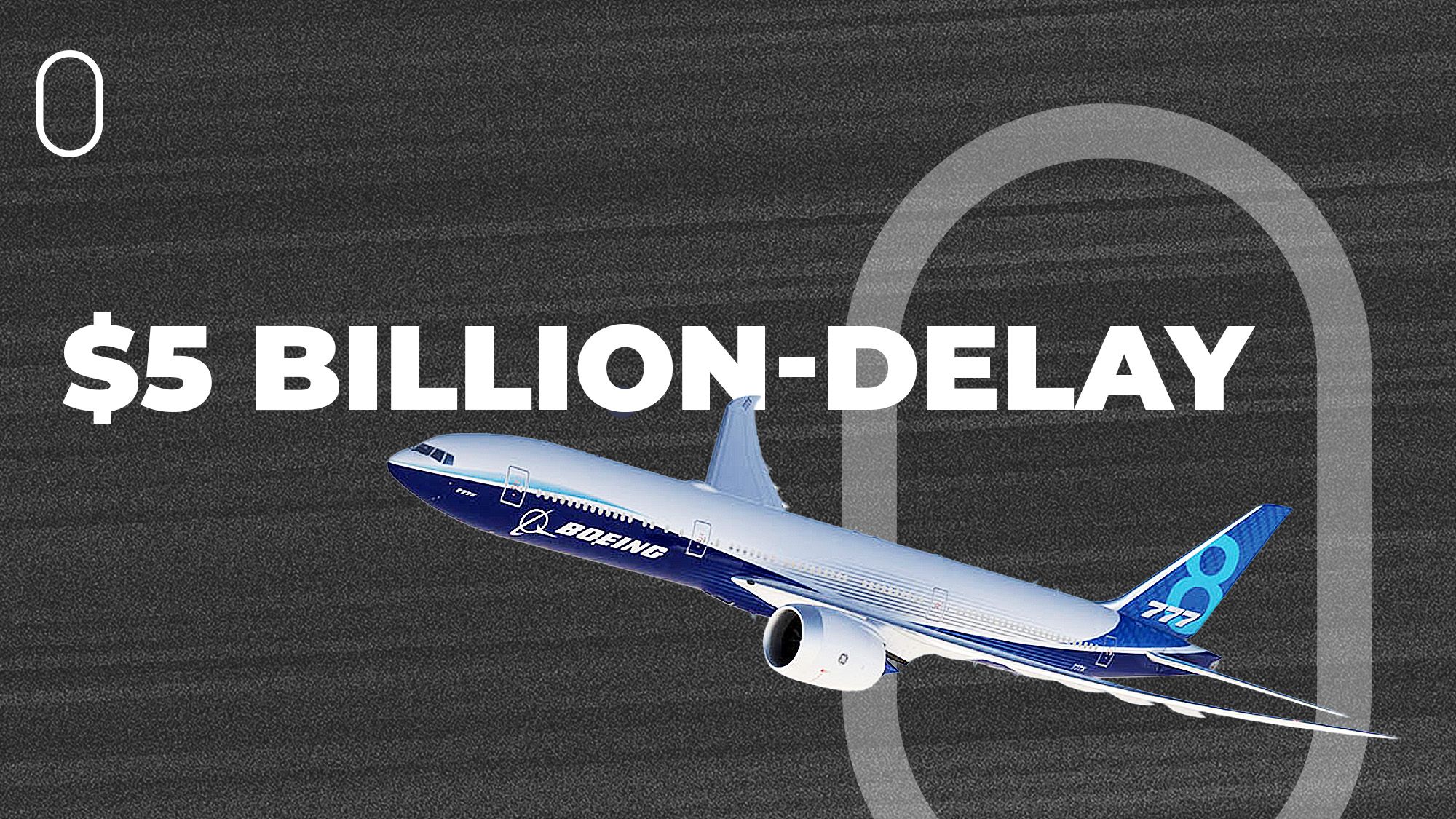World
Boeing 777X Program Faces Significant Delays, Costs Mount

The Boeing 777X, initially expected to enter service in 2020, has experienced significant delays, pushing its debut well into 2023. These setbacks have cost Boeing not only financially but also in terms of market reputation and customer trust. The delays stem from a series of technical challenges and regulatory hurdles that have plagued the program since its inception.
Boeing’s struggles with the 777X are emblematic of broader issues within the company, as it continues to navigate the aftermath of the 737 MAX crisis. The planemaker has faced scrutiny from airlines and regulators alike, particularly the Federal Aviation Administration (FAA), which has raised concerns about the aircraft’s safety systems and overall performance.
Financial Impact of the Delays
The financial ramifications of the delays are substantial. Boeing has reportedly incurred costs exceeding $1 billion due to the postponement of the 777X program. This includes expenses related to development, testing, and compensation to airlines waiting for their new aircraft. Major customers like Emirates and Lufthansa have expressed frustration over the repeated delays, which have disrupted their fleet planning and operations.
In 2022, Boeing was forced to lower its production targets for the 777X, leading to further financial strain. The company anticipated delivering only a limited number of aircraft in the first year of service, which has created a backlog of orders. As of now, Boeing has commitments for over 300 units of the 777X, with notable orders from airlines such as Qatar Airways and Emirates.
Technical Challenges and Regulatory Scrutiny
The technical difficulties faced by Boeing include issues with the aircraft’s new engines and design modifications intended to meet updated safety standards. The introduction of the GE9X engines, which are critical to the 777X’s performance, has particularly drawn attention due to their complexity and the challenges in meeting regulatory approvals.
Boeing’s response to these challenges has included increased collaboration with the FAA and other aviation authorities to ensure compliance with safety regulations. However, the process has proven to be lengthy, contributing to the program’s delays.
As Boeing works to resolve these issues, the company must also contend with the competitive landscape of the aviation industry. Airbus, its main rival, continues to gain ground with its A350 model, which has been well-received in the market. This competition adds pressure on Boeing to expedite the 777X program and regain its standing among airlines.
The ongoing delays of the Boeing 777X not only reflect the challenges of modern aircraft development but also serve as a reminder of the complexities involved in bringing new aviation technology to market. As the aviation sector begins to recover from the impacts of the pandemic, the successful introduction of the 777X will be crucial for Boeing’s long-term viability and customer relationships.
In conclusion, the Boeing 777X has yet to fulfill its promise as a cutting-edge widebody jetliner, and the costs associated with its delays continue to mount. The coming months will be critical for Boeing as it seeks to navigate these challenges and restore confidence in its flagship aircraft.
-

 Science3 months ago
Science3 months agoToyoake City Proposes Daily Two-Hour Smartphone Use Limit
-

 Health3 months ago
Health3 months agoB.C. Review Reveals Urgent Need for Rare-Disease Drug Reforms
-

 Top Stories3 months ago
Top Stories3 months agoPedestrian Fatally Injured in Esquimalt Collision on August 14
-

 Technology3 months ago
Technology3 months agoDark Adventure Game “Bye Sweet Carole” Set for October Release
-

 World3 months ago
World3 months agoJimmy Lai’s Defense Challenges Charges Under National Security Law
-

 Lifestyle3 months ago
Lifestyle3 months agoVictoria’s Pop-Up Shop Shines Light on B.C.’s Wolf Cull
-

 Technology3 months ago
Technology3 months agoKonami Revives Iconic Metal Gear Solid Delta Ahead of Release
-

 Technology3 months ago
Technology3 months agoApple Expands Self-Service Repair Program to Canada
-

 Technology3 months ago
Technology3 months agoSnapmaker U1 Color 3D Printer Redefines Speed and Sustainability
-

 Technology3 months ago
Technology3 months agoAION Folding Knife: Redefining EDC Design with Premium Materials
-

 Technology3 months ago
Technology3 months agoSolve Today’s Wordle Challenge: Hints and Answer for August 19
-

 Business3 months ago
Business3 months agoGordon Murray Automotive Unveils S1 LM and Le Mans GTR at Monterey









